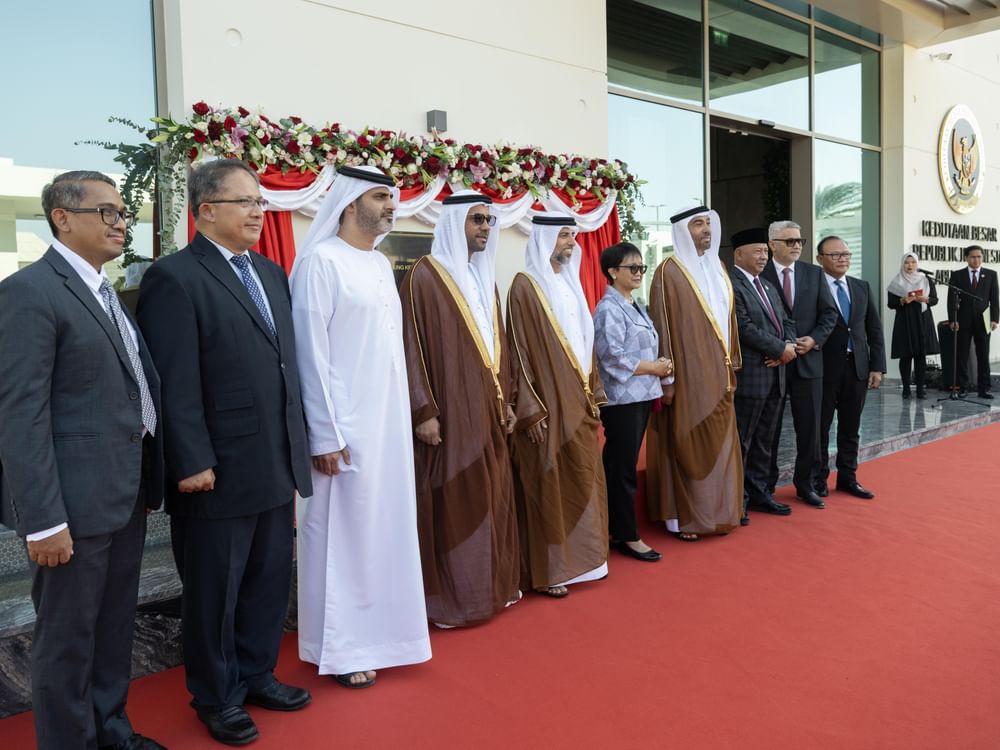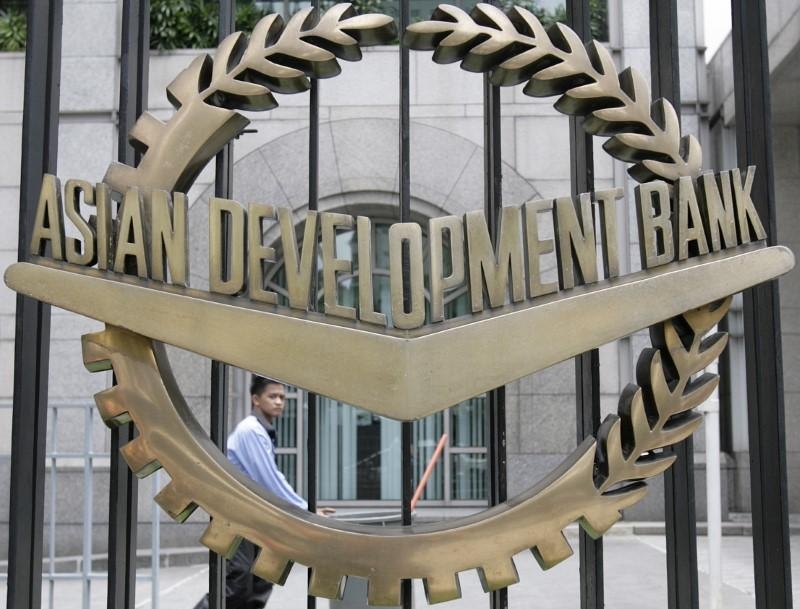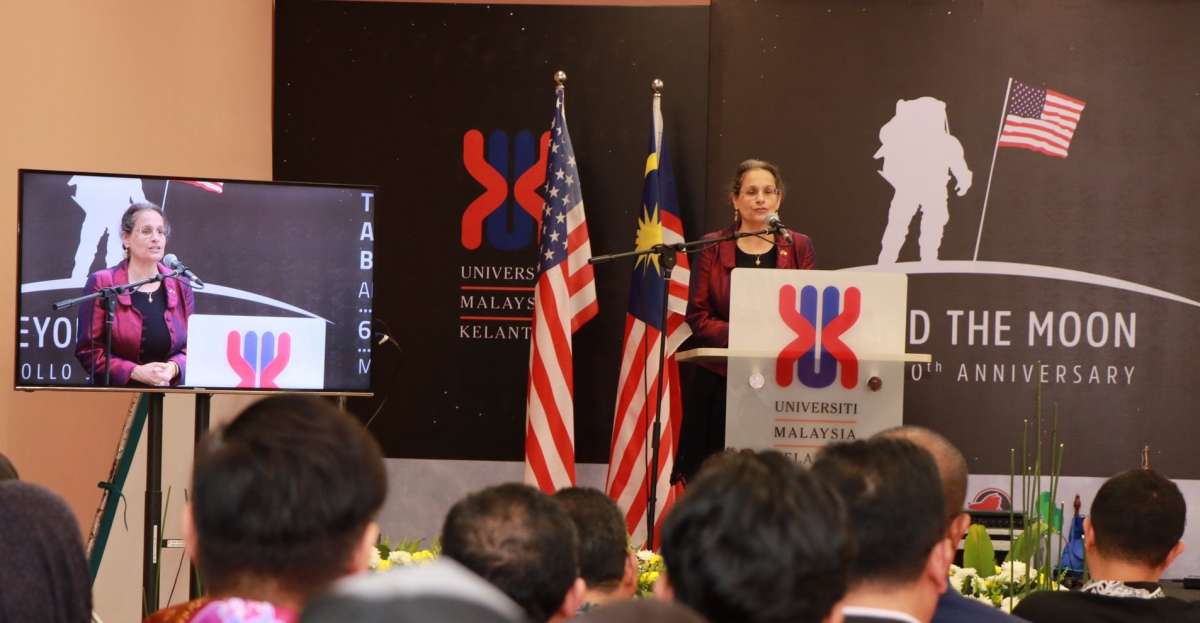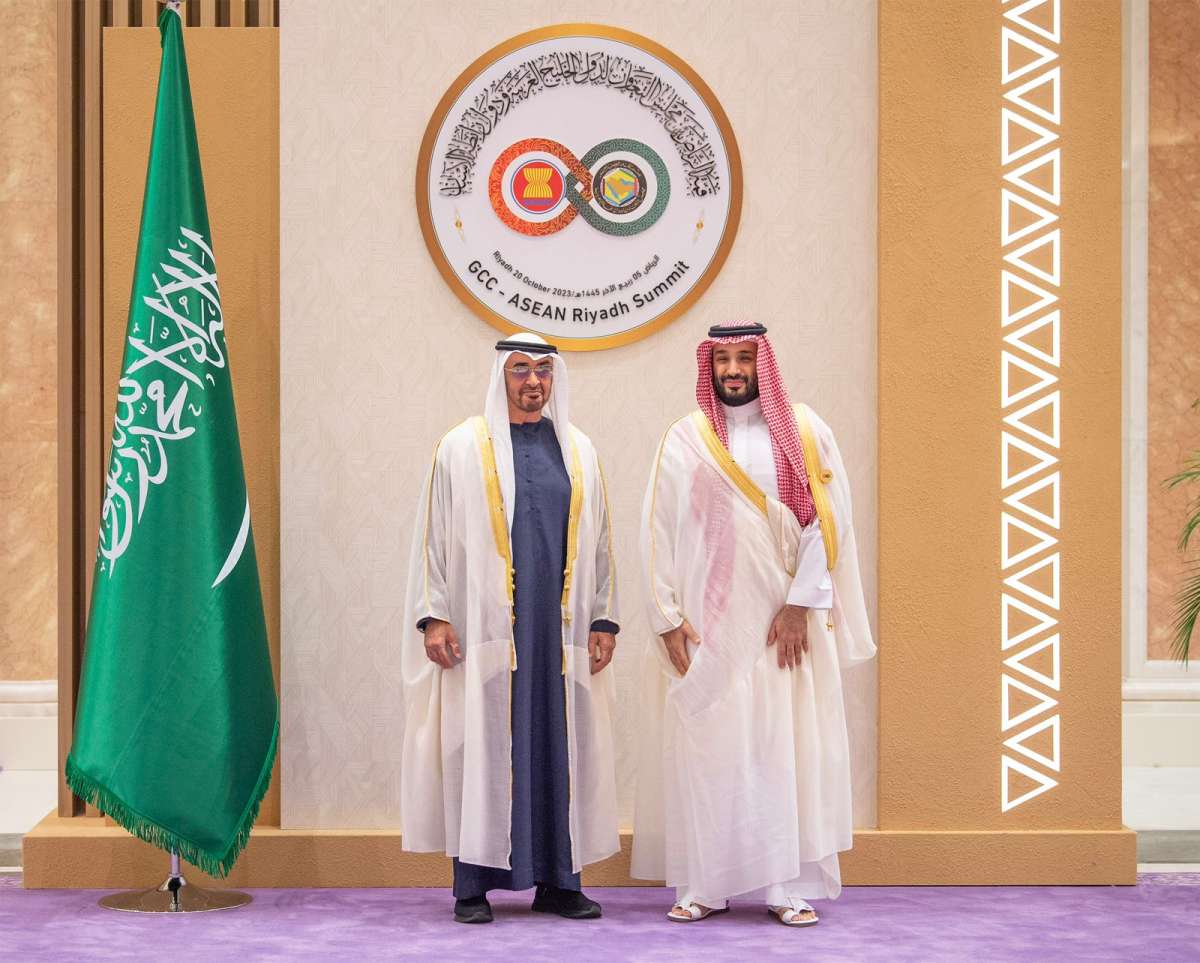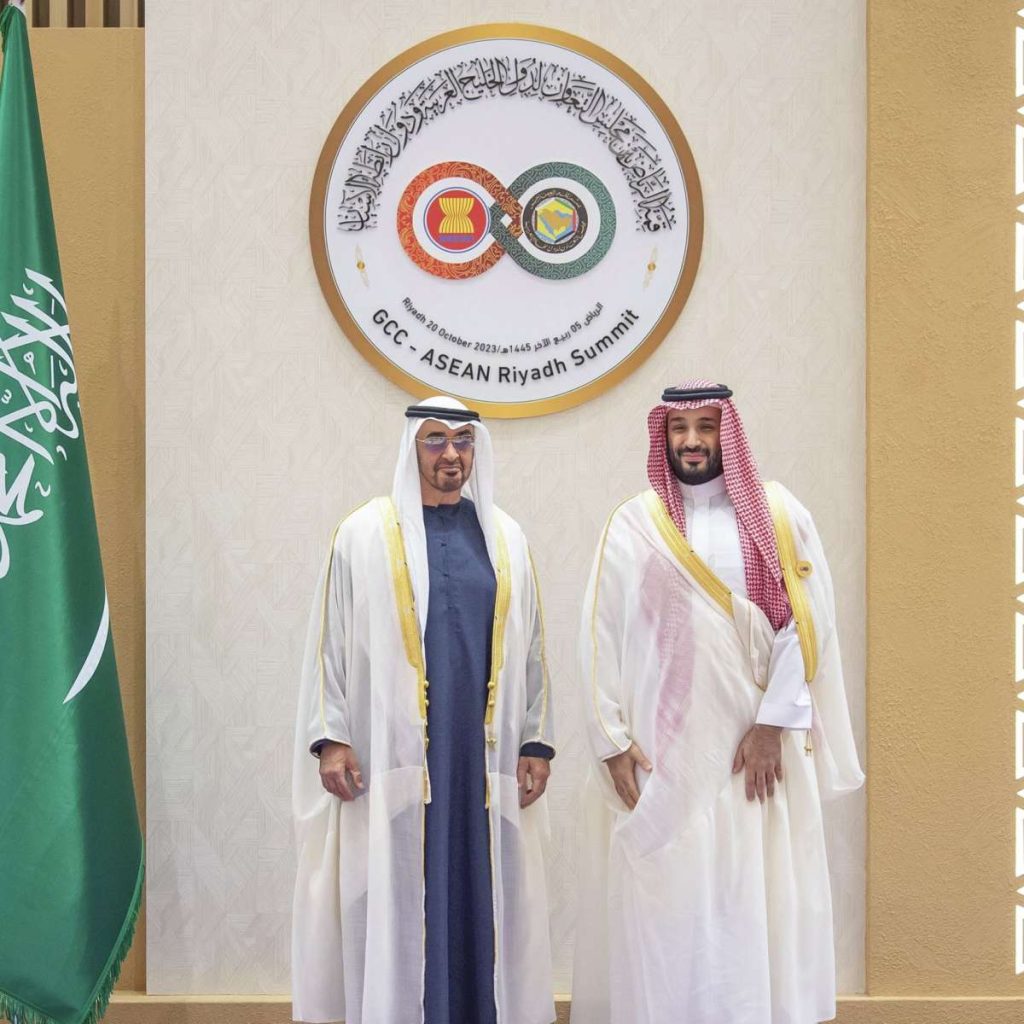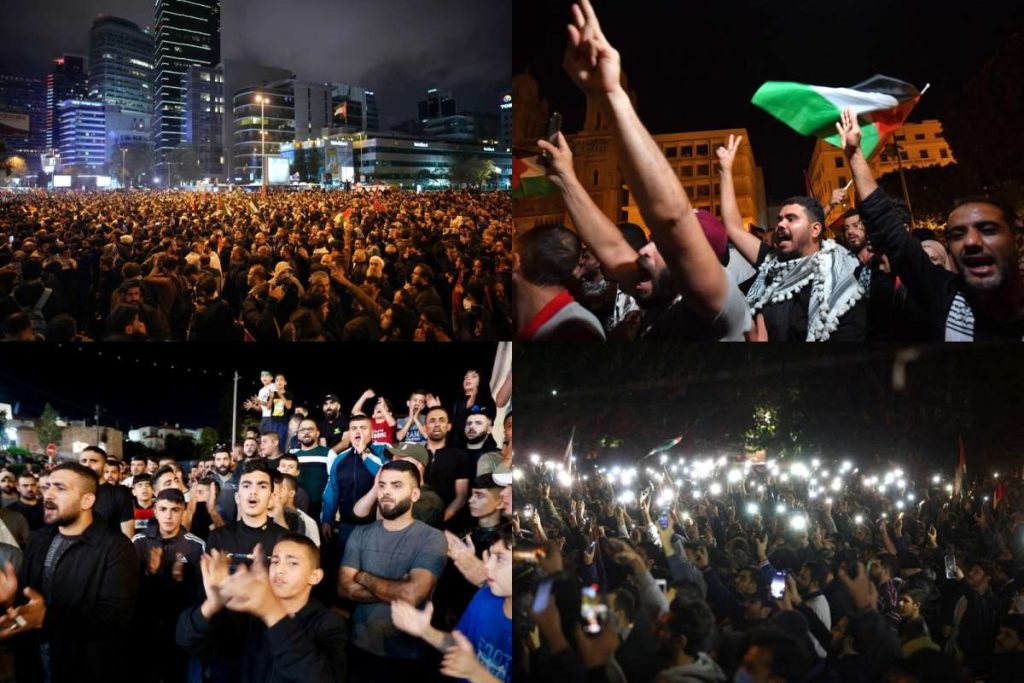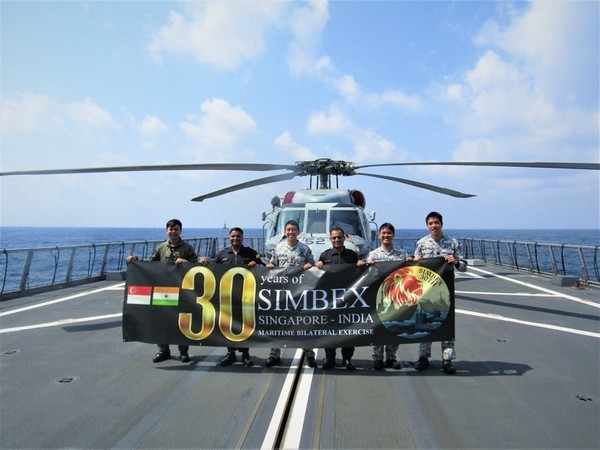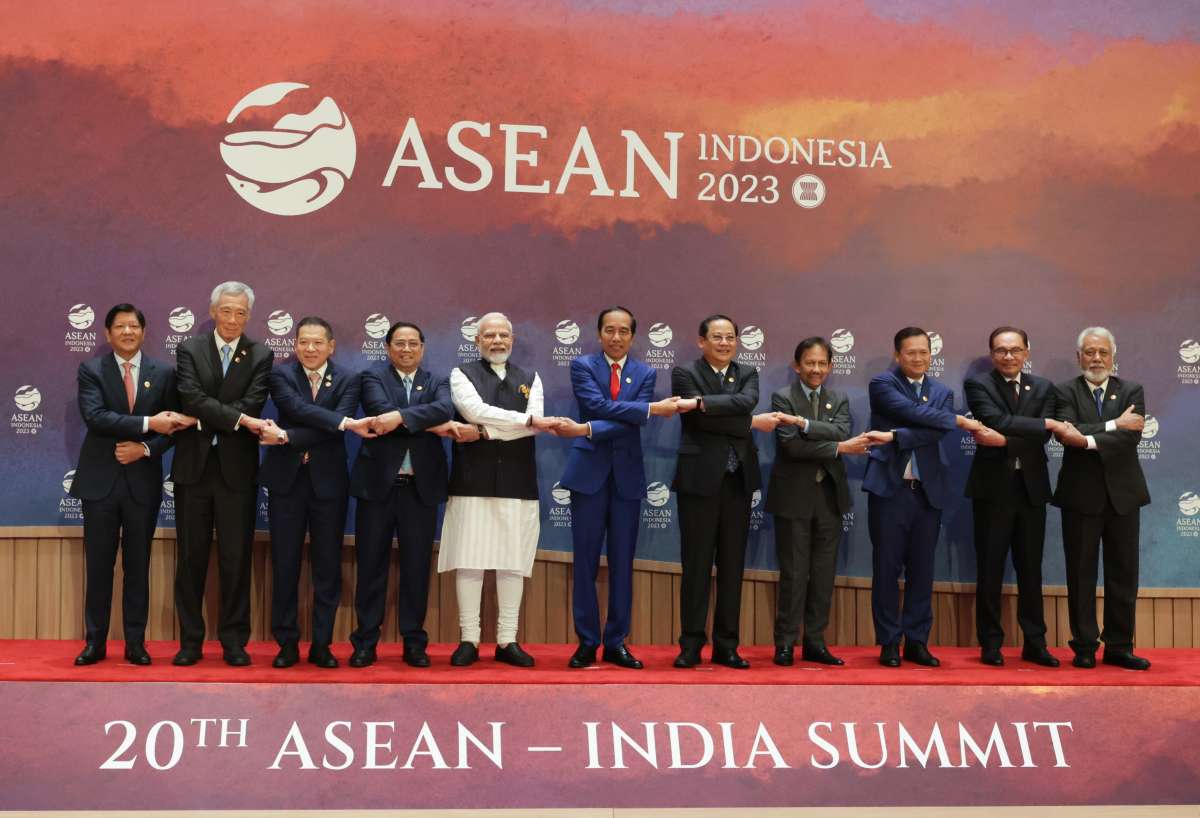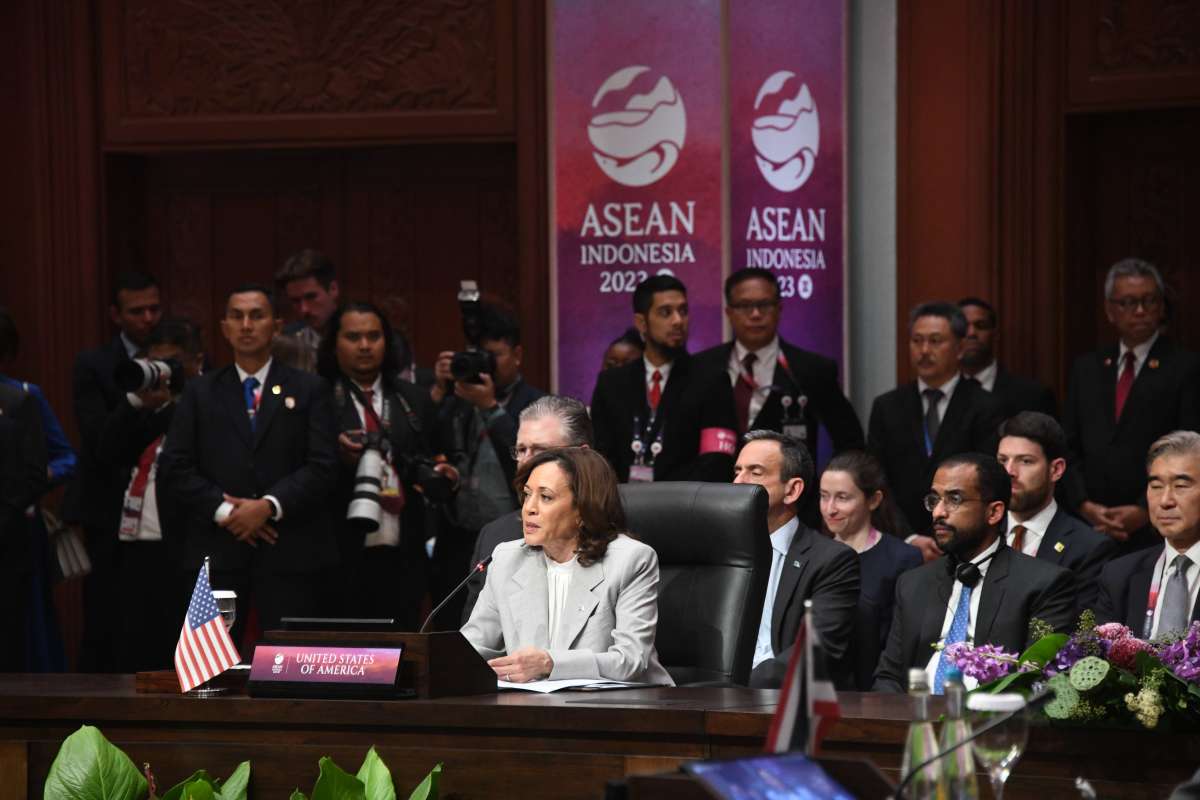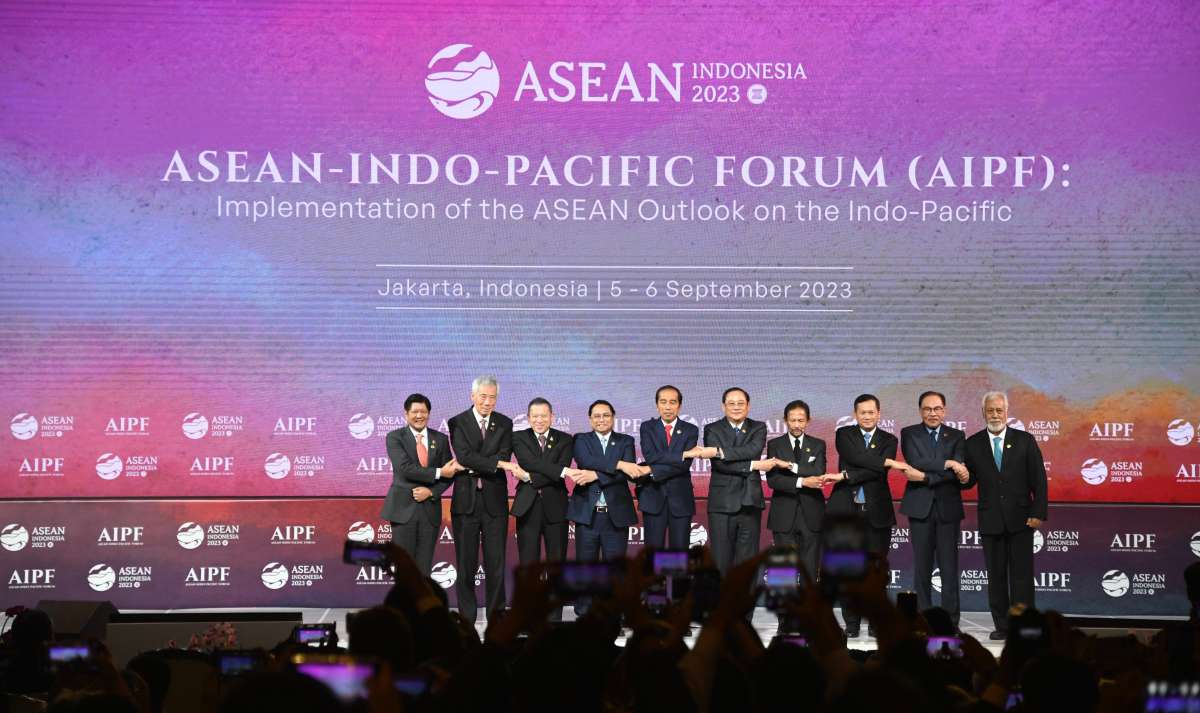Vice President stated that US has an enduring commitment to Southeast Asia and, more broadly, to the Indo-Pacific…reports Asian Lite News
United States Vice President Kamala Harris announced that they are establishing the first-ever US-ASEAN Center in Washington, which will facilitate official ASEAN engagements.
Harris, who arrived in Indonesia on Tuesday, attended the ASEAN-US Summit and said that they have upgraded the relationship to a Comprehensive Strategic Partnership, according to the statement released by the US White House.
At the ASEAN-US Summit, Harris said, “And today, I am pleased to announce that we will establish, through a public-private partnership, the first-ever US-ASEAN Center in Washington, DC. The centre will facilitate official ASEAN engagements and support further exchange between our people, businesses, and academic institutions.”
“To further strengthen our ties, I’m also pleased that our ambassador to ASEAN, Yohannes Abraham, is here in Jakarta. He has been a close advisor to President Biden and to me since we took office, and I know his leadership will help make progress on the many issues we will discuss today,” she added.
At the Summit, she acknowledged and welcomed the presence of Timor-Leste in this meeting. The United States will continue to support Timor-Leste in its path towards ASEAN membership.
“I believe, as leaders, we must address the global challenges of today while also investing in a long-term vision. We must look 10, 20, 30 years out and measure our current steps against that vision,” Harris added.
The US Vice President stated that the country has an enduring commitment to Southeast Asia and, more broadly, to the Indo-Pacific. The US is a proud Pacific power, and the American people have a profound stake in the future of the Indo-Pacific.
She said that the US-ASEAN economic cooperation represents a huge opportunity for growth for both of our markets. The defence and deterrence commitments of the United States and our security presence in the Indo-Pacific help protect our homeland and ensure regional stability.
It is therefore in the vital interest of the US to promote a region that is open, interconnected, prosperous, secure, and resilient, according to the statement.
“And I’m pleased that our collective vision for the Indo-Pacific is in strong alignment. We have a shared commitment to international rules and norms and to our partnership on pressing national and regional issues, such as the crisis in Myanmar. The United States will continue to press the regime to end the horrific violence, to release all those unjustly detained, and to re-establish Myanmar’s path to inclusive democracy, and we will continue to support ASEAN’s Five-Point Consensus,” Harris said.
“More broadly, in a demonstration of the enduring and important relationship between the United States and Southeast Asia, since President Biden and I took office, we have expanded US-ASEAN ties,” she added.
The United States and the Association of Southeast Asia nations (ASEAN) support narrowing the development gap in the bloc and assisting the region’s economic recovery.
In the ASEAN-US Leaders’ Statement, both countries said that they will “support narrowing the development gap in ASEAN, including the emerging gap arising from the impact of the COVID-19 pandemic, and assisting the region’s economic recovery to realise an inclusive, participatory, and collaborative ASEAN Community that is no longer divided by the development gaps among its members.”
US Vice President Kamala Harris arrived in Jakarta on Tuesday to meet with leaders of the ASEAN, in a summit hosted by Indonesia.
In a joint statement, the US and ASEAN said that they will Promote the stability, peace, prosperity, and sustainable development of the Mekong subregion through shared initiatives under the Mekong-U.S. Partnership (MUSP), which complements the Friends of the Mekong and supports the implementation of the Master Plan on ASEAN Connectivity 2025 and the IAI Work Plan IV (2021-2025), in support of ASEAN Centrality and unity in promoting ASEAN’s sub-regional development;
To achieve the 2030 Agenda for Sustainable Development and the Sustainable Development Goals, the US and ASEAN said that they will “advance efforts to accelerate progress and to achieve the Sustainable Development Goals by 2030 by maximizing the complementarities between the ASEAN Community Vision 2025 and the 2030 Agenda for Sustainable Development through cooperation in food security, health security and the building of resilient health systems, gender equality, human rights, clean energy and climate action, smart and sustainable cities, environmental conservation, transparency, and the rule of law as well as other SDG priorities.”
“Further collaborate to accelerate clean and just energy transition and the fight against climate change; support the promotion of an inclusive community in ASEAN; and strengthen support for the ASEAN Coordinating Centre for Humanitarian Assistance on Disaster Management (AHA Centre),” the statement read. (ANI)
ALSO READ-‘India, US to build on Modi’s Washington visit’
